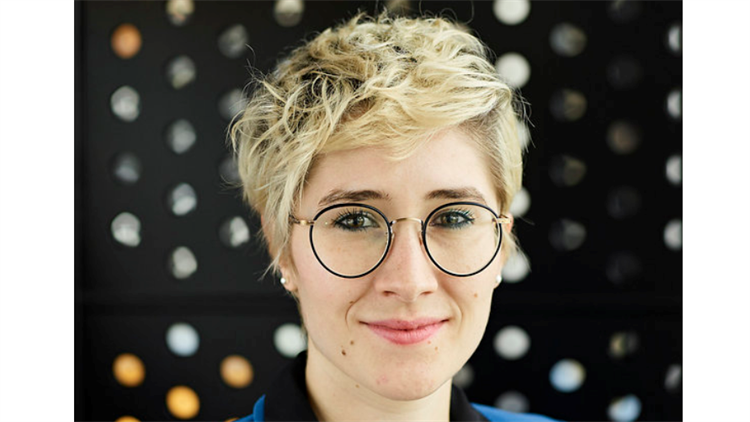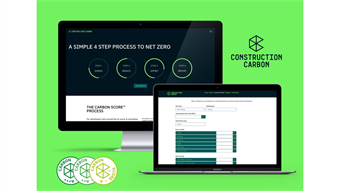Firestarters – The Establishment: Vanessa Butz CEO and Founder of District Technologies
- In Analysis
- 20:56, 26 september 2019
- 5570 Views

Vanessa Butz, CEO and Founder of District Technologies, and her diverse team in London, Lisbon and New York are working at the intersection of cities and technology, delivering digital solutions for real estate and corporate clients to connect work communities that people love and enjoy every day.
When Vanessa Butz and her team of technologists, entrepreneurs, growth hackers and real estate experts landed one of their first deals with Blackstone and Enjoy-Work at Chiswick Park in West London, it was startup ambition realised. They created a mobile-first community platform for the 12 buildings, spanning over 1.8 million sq ft and 34 acres. The dedicated community app curates the park’s leisure and recreational activities, connecting tenants and employees with ease.
“We’re driven by creating the best experience for people in buildings and communities,” says Butz. District Technologies is working with companies like JP Morgan and Starwood, in addition to Blackstone, to help them maximise asset value with white-labelled apps. They’re working with asset managers that are focused on operating costs and monetising spaces. And a client like WPP wants to boost productivity in the workforce. “Our core product has different angles for each of our clients,” she says.
If any real estate player or corporate thinks a building is just a building, then think again. “If you don’t have a community app already, you should have one,” says Butz. “Learn about the people in your building and optimise that knowledge. That’s how you future-proof, by changing and iterating. Not by building something and never having touched on the experience of the people in the building.”
Community spirit
The value-add in workplace communities has come a long way in recent years from a focus on a physical building to the inherent value created by the people who use the space every day.
“Companies are waking up to the idea that people are the gold in their business – and that’s good because they are. Having a more productive workplace is key and facilitating that is crucial,” according to Butz.
Workplace environments are fast-evolving and many are moving towards hospitality-style experiences. “We’re looking at the experience and people and not just the bricks and mortar – and you need proptech to do that,” she says. “You can use sensors, connect the building to a community interface like a district platform, and pull that data to understand how people are using the building, and what events they like or dislike. Why spend lots of money on yoga classes if no-one ever goes?”
“Our successes come from understanding a corporate’s business, quickly finding out what they need, and focusing on projects with corporates that are ready to proceed,” she adds.
Just last year, it took the startup three months to launch an app in a building and now it takes just two to four weeks. But working with large – arguably sometimes less agile – corporates can be challenging for resource-limited startups.
Promising partnerships
For many small companies like District Technologies, a lack of uncertainty can tie up resources if corporate clients fail to be clear about their objectives and timescales.
“Real estate owners need to be clear about the problem they want to solve so that they can look for the startup that will help them solve this problem,” explains Butz. “If they don’t know what problem they want to solve but just want to do something for the sake of it, then they are already failing at the partnership.”
The next step for a corporate is to find the startup they want to work with, she says. “They need to be honest about what they want and this will help the startup to set up the expectations. This approach helps a real estate owner or corporate and a startup get off to a great start.”
However, some processes like tenders can be time-consuming and sometimes fruitless, says Butz. “I would love for real estate owners to be more entrepreneurial in their approach. Don’t do tenders, but take a couple of great products in the market and test them.”






